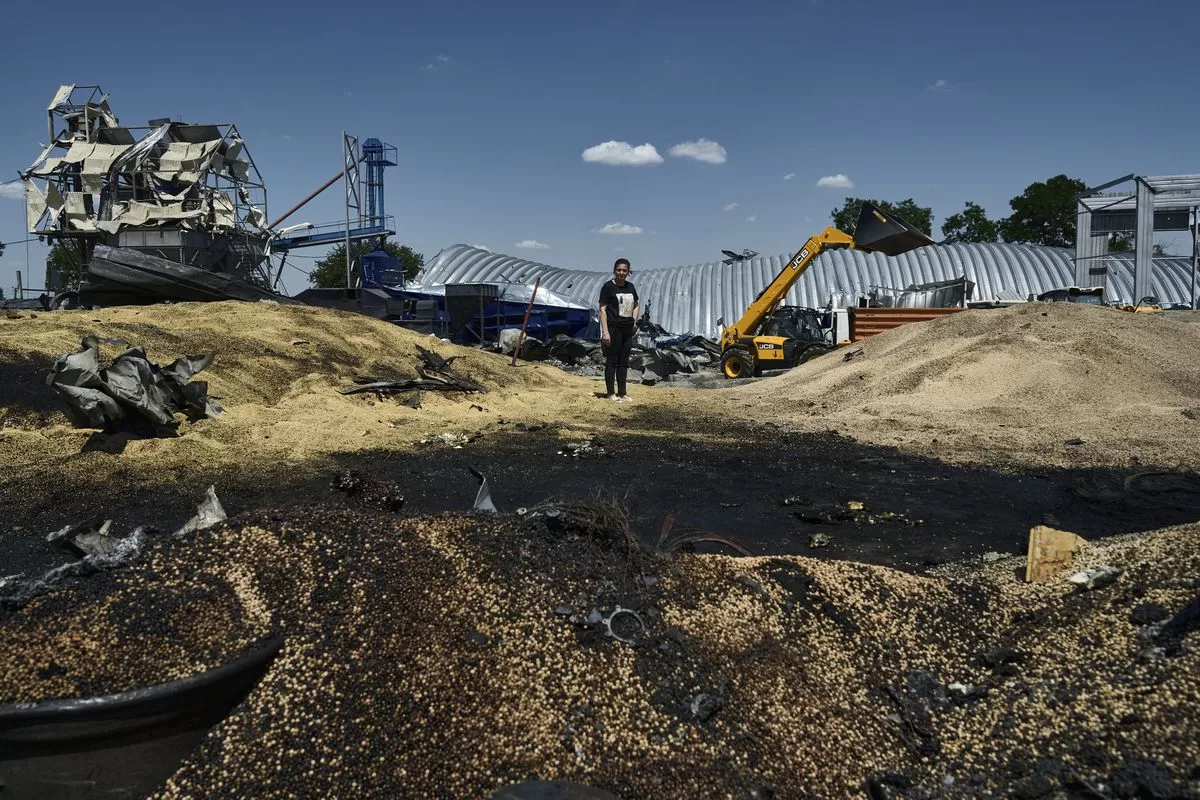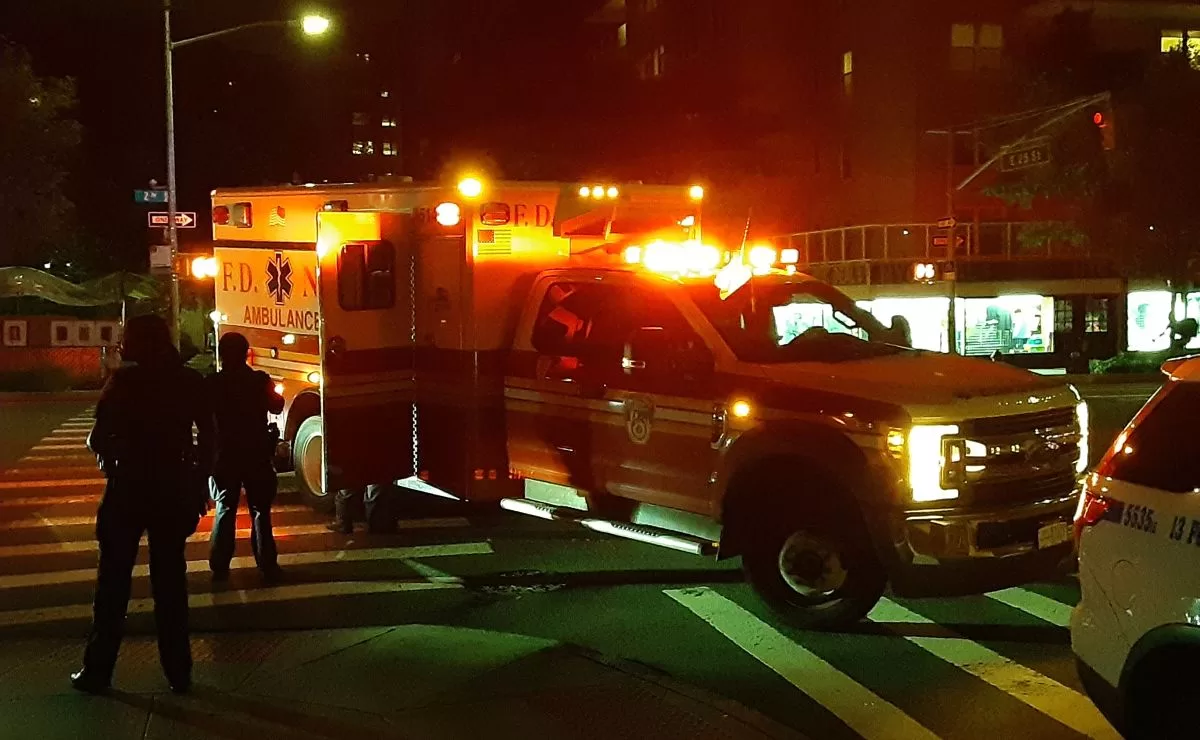The withdrawal of Russia from the agreement that gave outlet to Ukrainian grain through the Black Sea leads the world to the serious risk of aggravating the food crisis already suffered by countries in the Horn of Africa or others such as Afghanistan. The accusation appears in the letter that the High Representative for Foreign Policy of the EU, Josep Borrell, has sent to the G-20 countries and developing countries asking for “support to urge Russia to return to negotiations, as well as to stop attacks on Ukraine’s agricultural infrastructure,” according to the text. Borrell also informs the foreign ministers of these States that Europe is going to raise its contribution to fight hunger in the most vulnerable countries to “18,000 million euros until 2024.”
From the first moment Russia invaded Ukraine, the world was faced with a problem: food security. Ukraine is often described as the granary of Europe and also of much of the world for being one of the largest global producers and exporters of cereals. Hence, in the first months of the war, a good part of the diplomatic efforts were focused on securing an agreement with Russia that would allow the unblocking of the departure of ships with grain from Ukrainian ports. The pact entered into force about a year ago, but on July 17, Moscow withdrew from it. In addition, the Kremlin has been attacking kyiv’s agricultural infrastructure ever since. “This decision was widely condemned at the UN and by governments around the world, including the European Union, for aggravating the global food crisis, putting hundreds of millions of vulnerable people at risk,” laments the high representative in the letter to the that EL PAÍS has had access to.
“In an immediate reaction to Russia’s decision to block the deal and bomb ports, wheat and corn prices have risen to their highest prices since the beginning of the Russian aggression, growing by almost 9% on July 19 alone and 8%, respectively”, points out Borrell, who adds that this situation will allow Moscow to further increase its exports “by severely limiting the export capacity of its main competitor”.
The letter is dated July 31, a few days after the Russia-Africa summit in St. Petersburg, in which Russian autocrat Vladimir Putin promised free shipping of between 25,000 and 50,000 tons of grain to the continent. “This is a cynical policy of using food as a weapon to create new dependencies and exacerbate economic vulnerabilities and global food insecurity,” accuses Brussels.
In the fight for the story that the EU maintains with Moscow in what is now called the Global South, Brussels puts on the table various data that especially affect a continent in which Russian propaganda has penetrated deeply. “Through the agreement, Ukraine contributed half of the wheat from the World Hunger Program and 80% of this wheat has gone in support of humanitarian operations in many food insecure countries such as Afghanistan, Djibouti, Ethiopia, Kenya, Somalia, Sudan. and Yemen”, the text develops, adding that without the Black Sea route the gap between food needs and available resources will increase when the world faces an “unprecedented food crisis”. “Without the agreement, all of this will be at risk,” he warns.
Join EL PAÍS to follow all the news and read without limits.
subscribe
Follow all the international information on Facebook and Twitteror in our weekly newsletter.
Subscribe to continue reading
Read without limits






